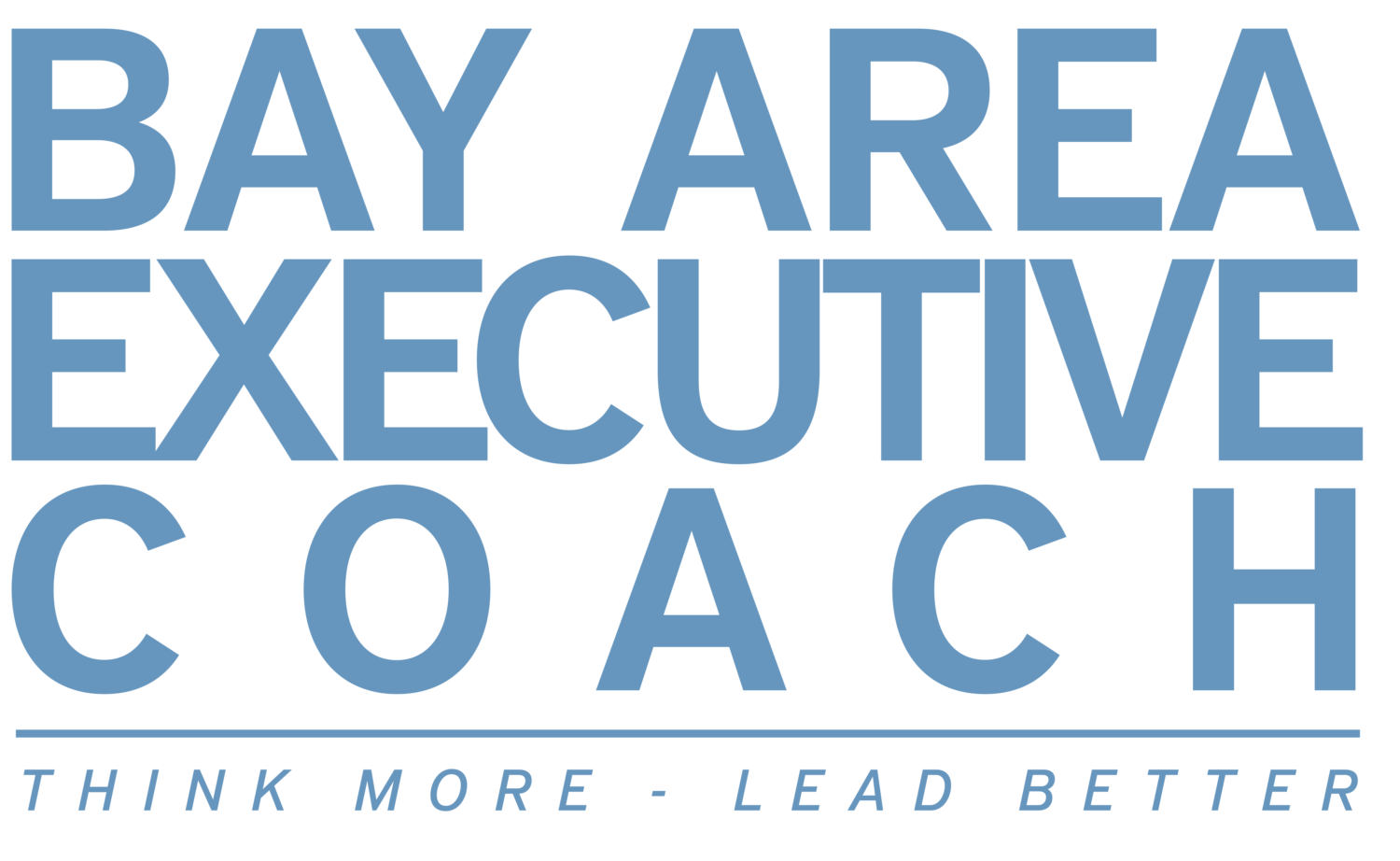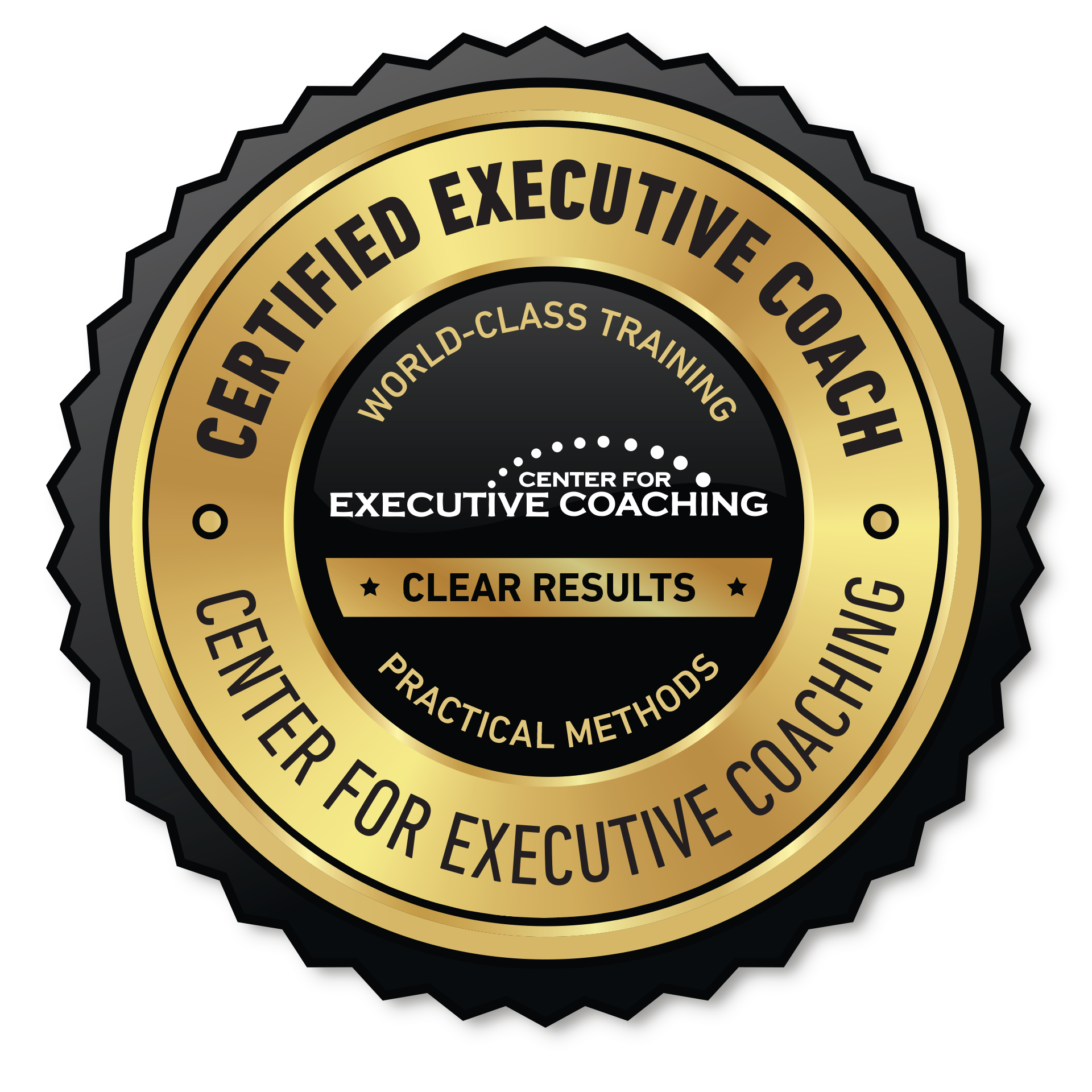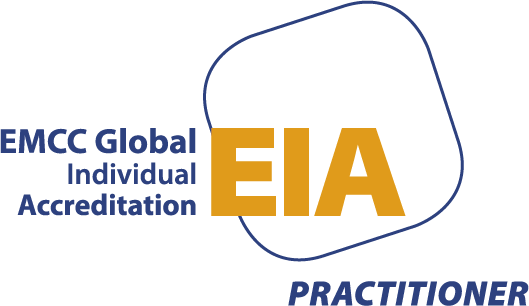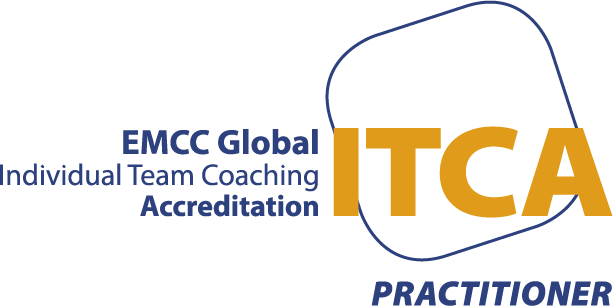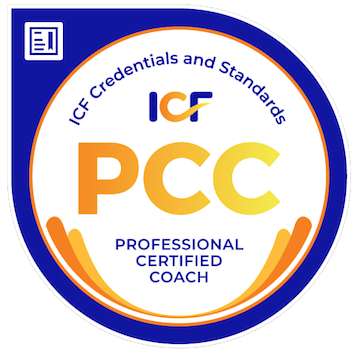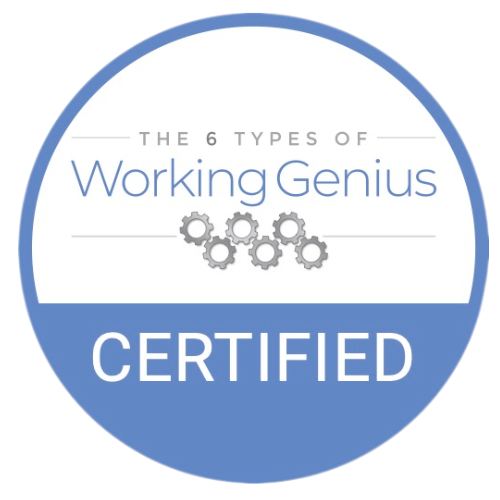Jimmy is not immune from the highs and lows of being a sales professional, but he works hard to maintain a positive outlook and an optimistic attitude. He knows that being an emotionally intelligent member of a sales team includes being a positive influence on his teammates. For example: when a deal fell through for one of his coworkers, Jimmy stopped by her cubicle and offered some encouraging words. At a recent sales meeting, he stated his “total confidence” that the team has the “brains, guts, and products to win any account we go after,” and that everyone should feel excited about the future. Jimmy likes to praise people for their contributions and successes, pitch in with problem solving, and help out others whenever he can. He’s become the positive influence that the entire sales team is energized by. It’s no wonder Jimmy is being considered by some as the leading candidate to be promoted to manager.
Once again, we see two sales people with opposite behavior patterns. Carl is a pessimist whose influence works to drag down himself and everyone around him. Jimmy is an optimist who exhibits the emotionally intelligent quality of being a positive influence. Carl tears down while Jimmy builds up. Who would you rather have on your sales team?
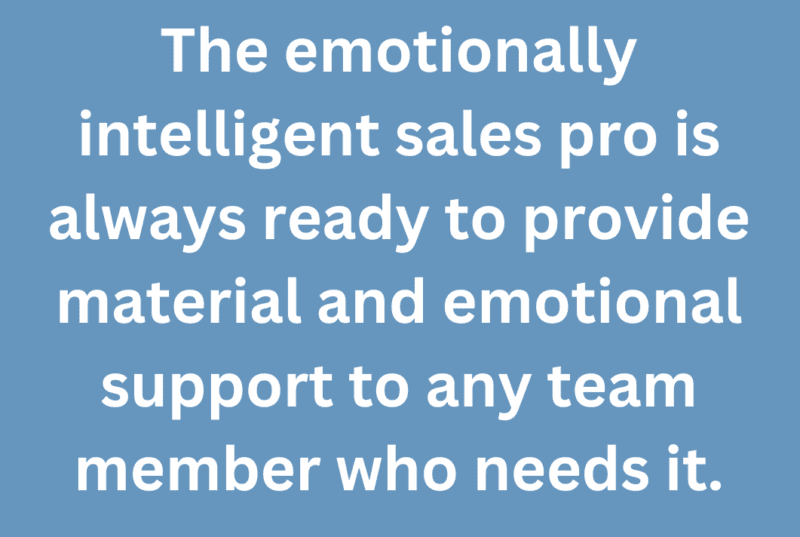
Being a positive influence doesn’t mean seeing the world through rose colored glasses or constantly acting pumped-up with contrived enthusiasm. Instead it means focusing on the positive aspects of any situation and encouraging others to do the same. These types of people adhere to the philosophy that knowledge, hard work, teamwork, and persistence will lead to long term success in sales. Temporary setbacks and defeats are just that: temporary, and even in defeat something can always be learned and gained.
Two Elements of Being a Positive Influence
As we’ve done in prior posts about emotional intelligence, we’ve identified two key elements that characterize a positive influence:
Helping to create a positive work environment
Providing useful support to others.
In our examples, Jimmy does an excellent job of creating a positive work environment through his energy and optimism. Studies have shown that such an environment measurably increases business culture buy-in by the sales teams, aides in their professional development, and improves overall team dynamics.
A downer environment, such as the one influenced by Carl, does just the opposite. An emotionally intelligent sales pro realizes that building esprit de corps in the office is just as important as building a prospect list, and takes personal responsibility for contributing to team morale and creating an uplifting work environment.
Providing useful support to others is an excellent way to build this environment. Everyone needs help from time to time, and nothing builds a team like teammates helping each other out. Not only does this approach work to solve problems faster and better, but it also brings out the unique talents and contributions of team members.
The emotionally intelligent sales pro is always ready to provide material and emotional support to any team member who needs it. When this generosity plays across the team, it’s a win-win for everybody, including clients. It also makes the team very competitive against other teams composed of lone wolves who look out only for themselves.
Ways to Become a Positive influence:
We’ve already touched on some of these, but here’s a checklist of things you can do to become an effective and positive influence within your sales organization:

- Find Purpose in What You Do
Doing something because you want to, as opposed to doing it because you have to, will enable you to be a more positive influence in your workplace. When you have a sense of direction and attachment to your work, you become more engaged with your responsibilities and duties, and are more likely to share what you’ve learned with others.
- Acknowledge You’re not Perfect
Claiming you’re perfect and don’t make mistakes isn’t going to win you many friends at work because everybody knows it’s not true. Positive influencers aren’t afraid to admit they don’t know the answer to something. When people work with someone who isn’t afraid to admit mistakes and continually tries to learn and grow, that inspires them to do the same.
- Build Win-Win Relationships
Teammates don’t compete against each other in an unhealthy manner. Instead, they work together to advance the team’s objectives. Therefore, focus on building collaborative relationships that are also authentic. This approach helps all parties reach their goals.
- Adopt a Forward-Looking Attitude
Positive influencers don’t stay stuck in the past. Instead, they look ahead and anticipate a bright future. Reminding team members of what’s to come, and maintaining a positive outlook on the improvements that are to be made and the possibilities of the future, sends out a powerfully positive influential message.
- Accept Criticism Willingly
Positive influencers see criticism as a challenge they are enthused to take on. Positive influencers want to better themselves, meaning they’re open to well-intentioned criticism from those around them. When you embrace well-intended feedback, this helps those surrounding you to remain receptive and open to feedback directed at them. This creates a culture of support and mutual improvement.
- Help Others Rise
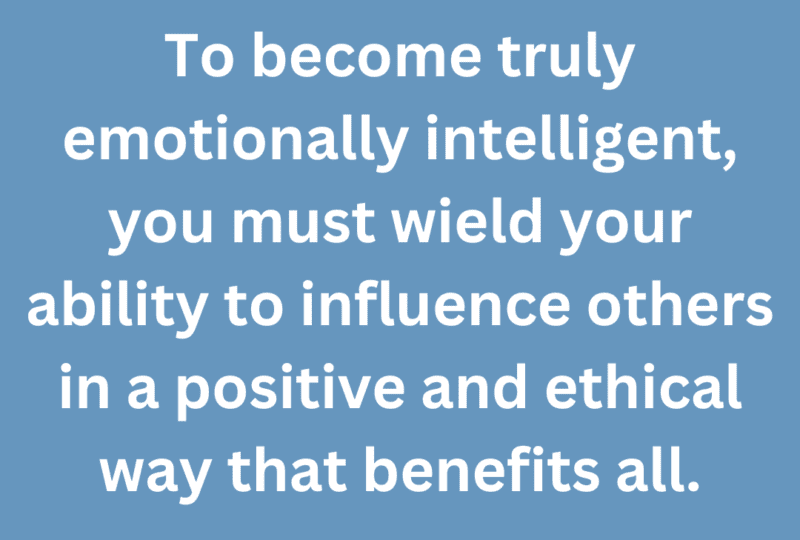
Give recognition and praise where it’s due. There’s no room for jealousy here. An emotionally intelligent person realizes another person’s success doesn’t limit their own capacity to succeed. When you’re genuinely happy when someone else does well, your own success becomes even sweeter. Help others rise and they will help you, too. Alternatively, when a coworker is having a tough time, empathizing with them and encouraging them can also go a long way.
- Use Your Influence Positively
Simple demonstrations of placing a coworker’s needs above your own will inevitably build positive and trusting relationships. Become an agent for positive change, someone others value, respect, and want to work with.
A famous leader once stated that “influence means power,” and the ability to positively influence teammates, clients, bosses, and others you deal with in your professional life will go a long way towards advancing your own career. To become truly emotionally intelligent, you must wield your ability to influence others in a positive and ethical way that benefits all.
If you want to go even further to see how being a positive influence can impact your sales, then consider working with us 1on1 or with your team. Send us a message to start the conversation.
Learn more about Emotional Intelligence, read our article on How to Build Trust and Connection Through Emotional Intelligence.
Here are more resources related to this topic
Articles:
- The Benefits of Maintaining Transparency in the Workplace
- Eight Powerful Benefits of Emotional Intelligence in the Workplace
- The Value of Workplace Diversity: How it Benefits Companies
- Why EI in the workplace is so important and valuable today
Ebook:
Photo copyright: Featured photo is from ©CoWomen via Pexels. Secondary photo is from ©Fox via Pexels.
